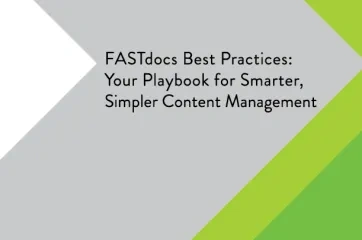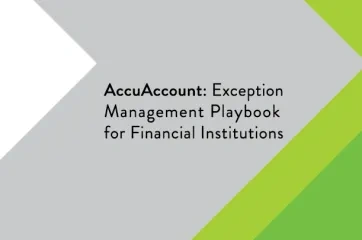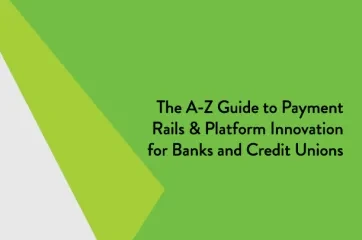API is short for “application programming interface.” Technology companies like Alogent rely on APIs to connect multiple software applications, thereby enabling a two-way exchange of information to support users’ needs.
APIs and Financial Institutions
With digital transformation remaining top of mind for financial institutions in the United States, API utilization has increased among many banks and credit unions. Use cases for APIs in banking vary depending on the size of the financial institution and specific need. Examples include:
Digital Banking Applications: In today's digital landscape, financial institutions are increasingly leveraging APIs to forge seamless connections with third-party providers. This strategic approach not only broadens the range of products and services available to their customers and members but also enhances the overall user experience. By integrating these offerings directly into their existing online and mobile applications, institutions eliminate the need to redirect users to external websites. This integration ensures a cohesive and holistic user journey, maintaining continuity and convenience.
By interfacing via APIs, institutions retain greater control over user permissions and activity tracking. This heightened visibility allows them to monitor and manage interactions more effectively, ensuring security and compliance while offering a personalized experience. By embracing API connectivity, banks and credit unions not only expand their service portfolio, but also reinforce their commitment to delivering innovative solutions tailored to the evolving needs of their account holders.
Transaction Processing Platforms: Financial institutions often struggle to manage technological complexity across numerous deposit channels (i.e., self-service kiosks, mobile and remote deposit capture, teller capture, merchant and corporate capture, etc.). API-based technology, such as Unify from Alogent, can enable simplified workflows with increased interoperability, lessening the IT burden and internal data siloes for financial institutions.
Third-Party Applications: Extending platform capabilities with third-party solutions is commonplace to keep users in-solution and engaged. Examples include budgeting and bookkeeping tools that allow users to connect (via API) to their existing banking platforms and apps, streamlining the user journey and reducing the need to manually key in data or log into a third-party platform to complete a transaction.
Why Connect via API?
Leveraging APIs to connect banking applications offers a variety of potential benefits, including:
Increased Efficiency: Customer and member-facing solutions provide account holders with a more efficient way to interact with banking data and applications. For back-office solutions, API connectivity aligns with the need for streamlined operations.
Adoption and Retention: Providing account holders and staff with easy-to-use, API-powered solutions bolsters a financial institution’s ability to drive user adoption across its technology stack and keep users engaged with seamlessly available capabilities.
Flexibility: Compared to single sign-on (SSO), which could be likened to a “one-way street,” APIs enable two-way exchange of information between applications—unlocking more possibilities for developers and the financial institutions they serve.
Despite the many benefits, connecting applications via APIs can require considerable technical expertise and implementation effort. Partnering with an experienced technology vendor is key for ensuring success across front-office and back-office use cases.
Read additional banking definitions or learn about Alogent’s digital banking and payment and deposit automation solutions.







